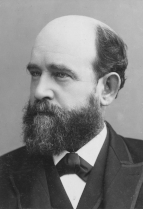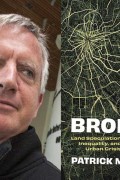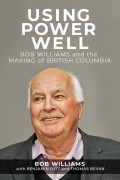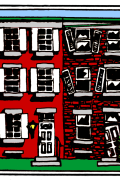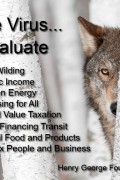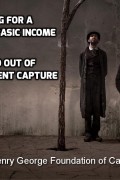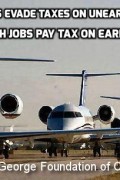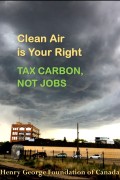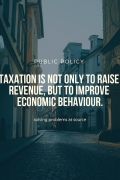Book Review — Broken City: Land Speculation. Inequality, and Urban Crisis (By Dr. Francis K. Peddle)
Image Source: The Tyee
Broken City: Land Speculation. Inequality, and Urban Crisis - Professor Patrick M. Condon
Vancouver: UBC Press, The University of British Columbia: 2024, 273, xiii
https://www.ubcpress.ca/broken-city
Review by Francis K. Peddle | Henry George Foundation of Canada
November, 2024
Introduction
The failure of governments, and society generally, to solve the affordable housing crisis has reached yet another level of feverish hand wringing. Politics in Canada are now overwhelmingly colored by the inability of younger generations to live normal lives in the country’s major cities. The years 2022 and 2023 recorded the lowest ever fertility rates in the country, which is reflective of a long term downward trend. Younger people believe they cannot afford to have children and they certainly will not be able to find a house to raise them in. Participation in the economy is now riddled with “precarity” and dislocation. There is a pervasive feeling that the lives of millennials and Generation Zers will be much worse materially and psychologically than the Baby Boom generation, which is now mostly in its retirement years and sitting on a massive portfolio of urban real estate.
